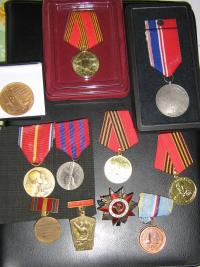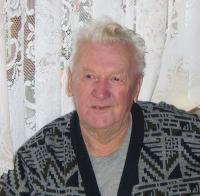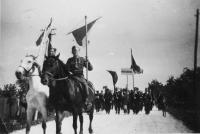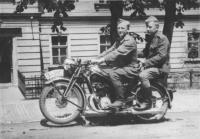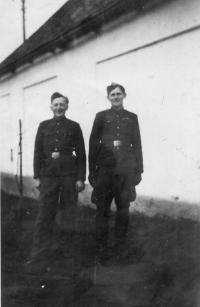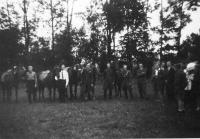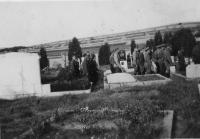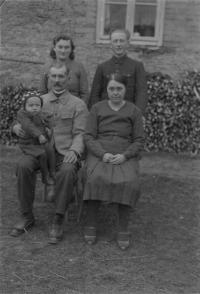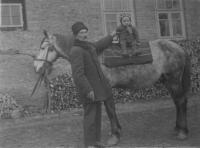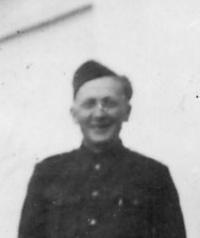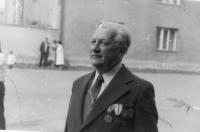There were young guys whose hair has turned gray

Download image
Josef Valenta was born October 23, 1921 in Hlinsk, Volhynia. He went to school in Hlinsk, where the teaching was conducted in Polish. In Volhynia he married Olga Charvátová and their son Jaromír was born. In March 1944 he voluntarily joined the 1st Czechoslovak army corps. In Rovno he was assigned to the mixed reconnaissance section. He received training in Bukovina, Romania. In September 1944 he was sent to the front in the vicinity of Krosno. His task was transmitting messages between the staff and the troops. He experienced the passage through the Dukla Pass. When the war ended he was in Přílepy near Holešov. After the war he was called to serve in the army group Žatec. On October 26 he was demobilized as a lance-corporal. He was given a farm in Německá Libina (present-day Libina), where he lived until the end of his life in March 2011.
